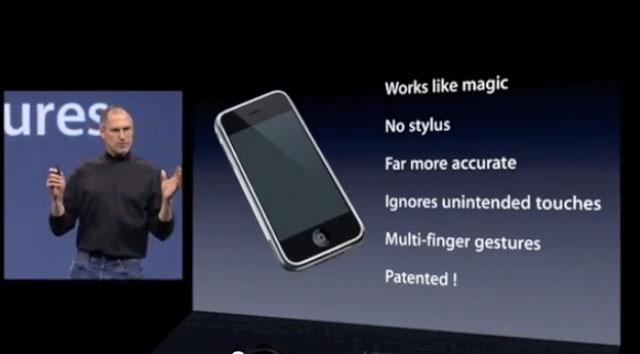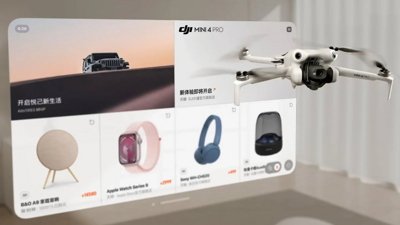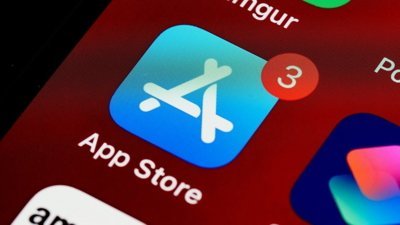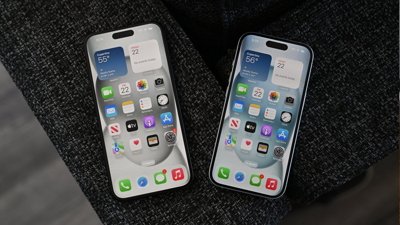Years of patent suit losses prompted Apple to strike back with iPhone filings
Apple's patent filings and subsequent attacks related to the iPhone were reportedly a part of a "deliberate decision over the last decade," stemming from its own losses in intellectual property lawsuits.
It was Apple's own defeats in such legal battles, particularly a $100 million settlement with Creative Technology over a patent for a "portable music playback device," that prompted company co-founder Steve Jobs to focus on filing patents, according to a profile published by The New York Times.
In 2006, when Apple was preparing to unveil the first iPhone, Jobs declared in a meeting with his senior managers: "We're going to patent it all." Afterward, the company's engineers participated in monthly "invention disclosure sessions," in which virtually any idea was deemed to be a patent by lawyers.
One unnamed former Apple lawyer revealed that the company decided it would file for patent applications "even if we knew it wouldn't get approved."
When the first iPhone was unveiled in 2007, one bulleted feature highlighted by Jobs was simply: "Patented!" When explaining multi-touch technology to the Macworld audience, Jobs declared "And boy have we patented it," prompting laughter and applause.
In April, Apple Chief Executive Tim Cook revealed he would rather settle litigation than fight in court. However, he also declared his company will defend its intellectual property.
"Apple has always stood for innovation," the company said in a statement. "To protect our inventions, we have patented many of the new technologies in these groundbreaking and category-defining products. In the rare cases when we take legal action over a patent dispute, it's only as a last resort. We think companies should dream up their own products rather than willfully copying ours, and in August a jury in California reached the same conclusion."
However, public filings show that last year, for the first time, both Apple and Google spent more on purchasing and litigating patents than research and development of new products.
Monday's report is the latest in the Times' ongoing "iEconomy" series. The full series, which began in January, can be viewed here.
 Sam Oliver
Sam Oliver











 Malcolm Owen
Malcolm Owen
 William Gallagher
William Gallagher


 Christine McKee
Christine McKee

 Amber Neely
Amber Neely








